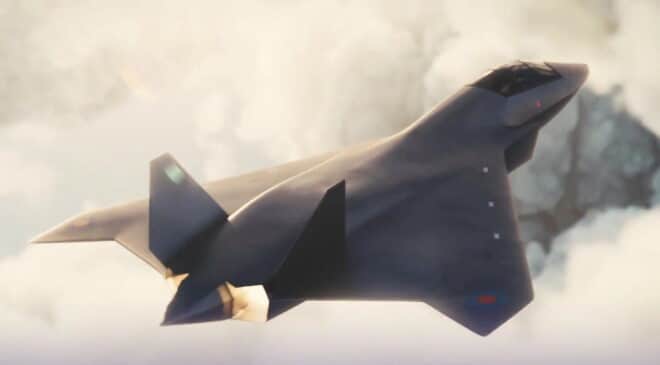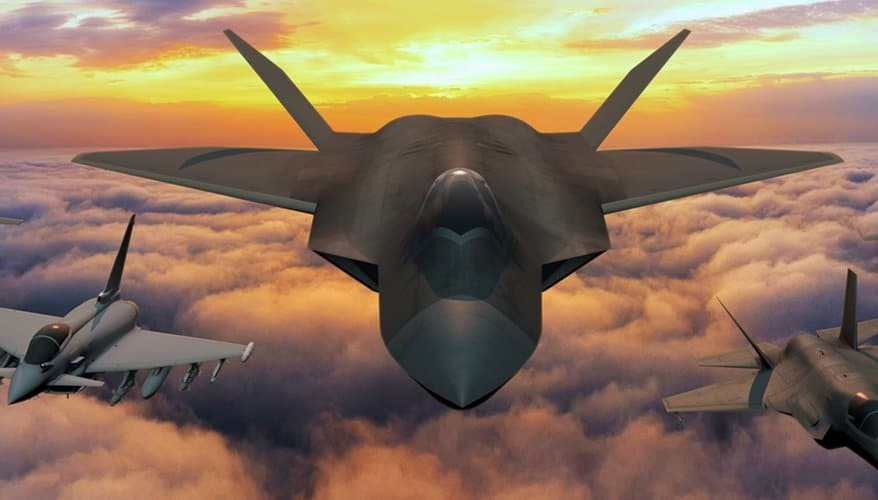Japan refuses to allow Saudi Arabia to join the GCAP 6th generation combat aircraft program, striking a new blow to relations between London and Riyadh in this area, after the German refusal to deliver 48 Eurofighters Typhoon additional to the country's air forces.
While the development costs of combat aircraft and their systems continue to grow, the temptation is great for European countries with the technological skills, but not the budgetary resources to do so, to turn to international partners, to provide funding.
This is why the two European 6th generation combat aircraft programs today, the FCAS piloted by France on the one hand, and the British GCAP on the other, are designed in the form of partnerships , respectively with Germany and Spain for FCAS, Italy and Japan for the other.
However, international technological cooperation is accompanied by many difficulties in terms of industrial sharing, to the point of sometimes threatening the sustainability of the program.
In this context, the integration of countries with considerable financial resources, but a reduced defense industry, may appear as a rare opportunity. That was no doubt what Brits and Italians told themselves when Saudi Crown Prince Mohammad Bin Salman told Japanese Prime Minister Fumio Kishida that he was ready to join the GCAP program while visited by the latter in Jeddah a few days ago.
Unfortunately for London, through the voice of its Defense Minister Yasukazu Hamada, Tokyo has showered British and Italian hopes. Indeed, Japan does not intend to welcome Saudi Arabia in the GCAP program despite the good relations maintained with Riyadh, for several reasons.

Firstly, the Japanese authorities fear that the arrival of a new partner will slow down the program, and drag down by a few years the very ambitious provisional timetable set a few months ago, and aiming at entry into service of the new fighter from 2035.
Indeed, an empirical rule wants that the costs and delays of a program of expenditure in cooperation increase according to the square of the number of partners. However, if with 3 partners, the GCAP program is designed to enter service in 2035, it should, according to this rule, slip until 2038.

The rest of this article is for subscribers only
The Classic subscriptions provide access to
all articles without advertising, starting at € 1,99.
Newsletter subscription
Register for the Meta-Defense Newsletter to receive the
latest fashion articles daily or weekly

